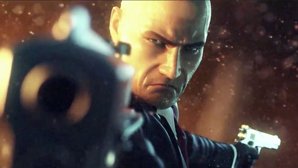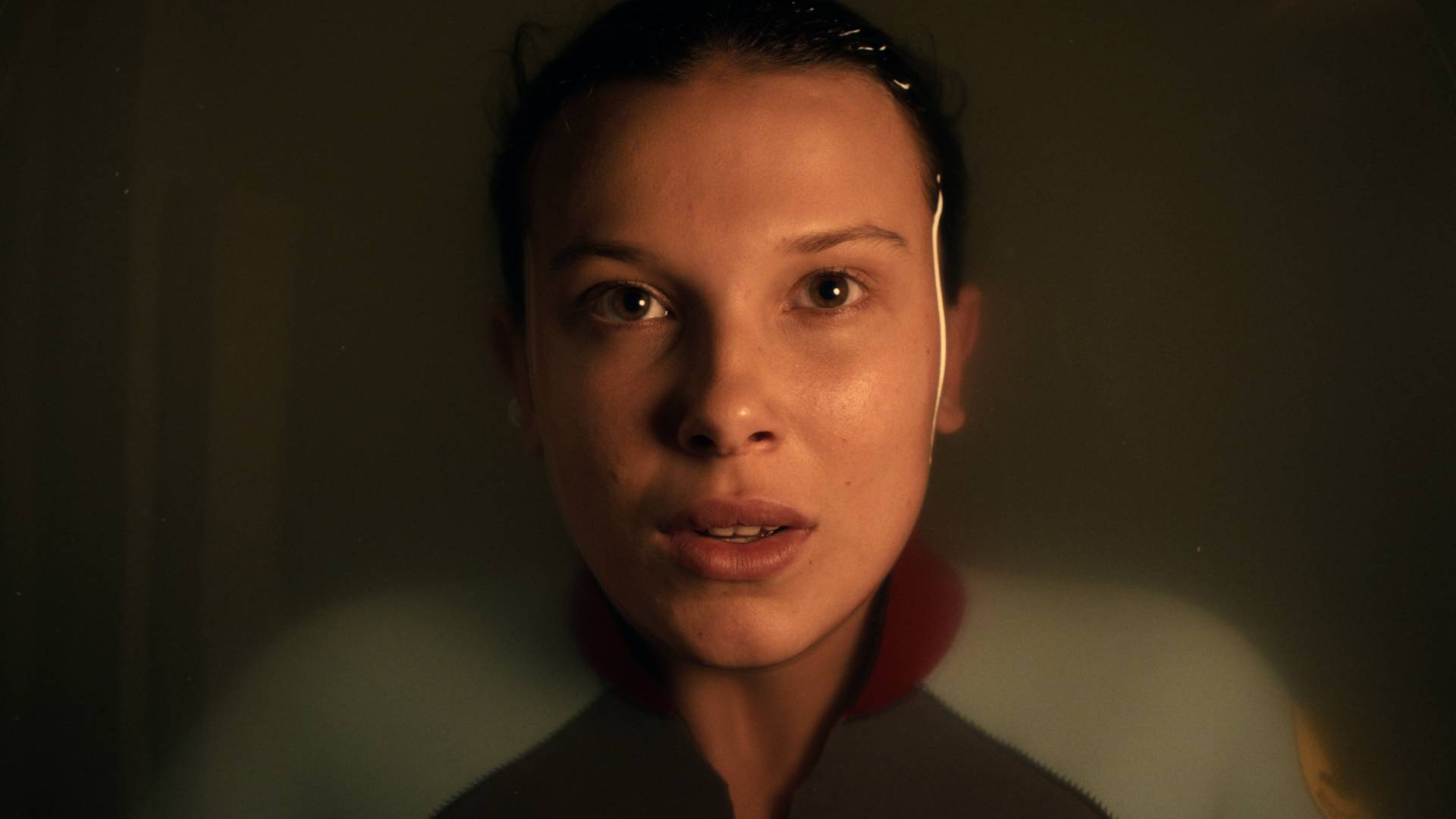
Square Enix said today that underperforming console games were largely to blame for a disappointing nine month period at the Japanese company.
The Sleeping Dogs and Hitman: Absolution publisher posted a loss of 5.7 billion yen (£39m / $61m) for the first three financial quarters ended December 31, 2012, compared to a profit of 5 billion yen (£34m / $54m) a year earlier.
That was despite an increase in sales of 7.4 per cent year-over-year to 102.8 billion yen (£702m / $1.1b).
Square said its losses were “primarily due to the increasingly difficult condition of the world-wide console game market, under which the group is struggling to achieve a fair expected return on its investment”. It also cited the "sluggish performance" of arcade game machines as another contributing factor to "unfavorable sales and earnings".
Elsewhere in its financial report, Square said other gaming platforms such as PCs, smartphones and social networking services are "generating an acceptable profit", the operation of Wii MMO Dragon Quest X is “showing steady progress" ahead of its upcoming rollout on Wii U, and the firm’s amusement facilities business is described as "stable".
Looking ahead, Square forecast a net profit of 3.5 billion yen (£24m / $38m) for the 12 months ending March 31, 2013. If the guidance is accurate, the figure will represent a decline of 42.2 per cent year-over-year.
It said: "The company views the expansion of content and services that conform to emerging customer needs led by the fundamental change in the business environments, and the launch of full-scale commercial services for major MMO titles will establish its profit base, and is focusing all efforts on an earnings recovery from now on."
Weekly digests, tales from the communities you love, and more


